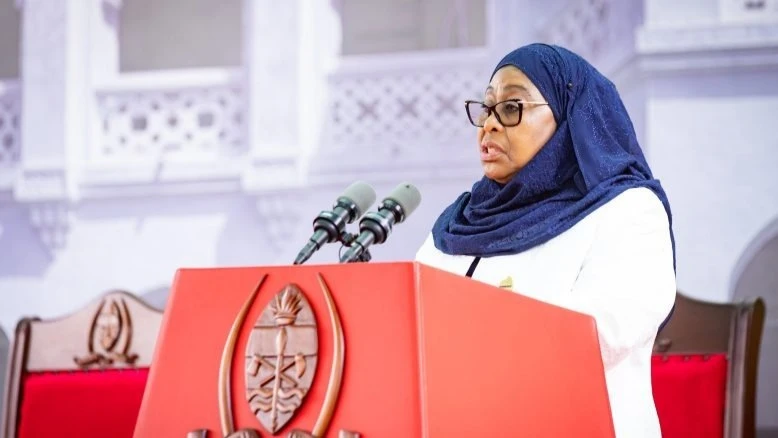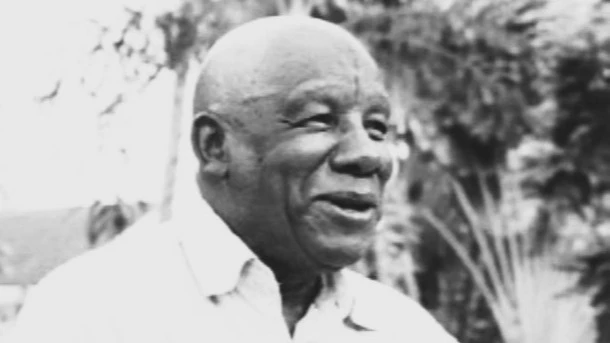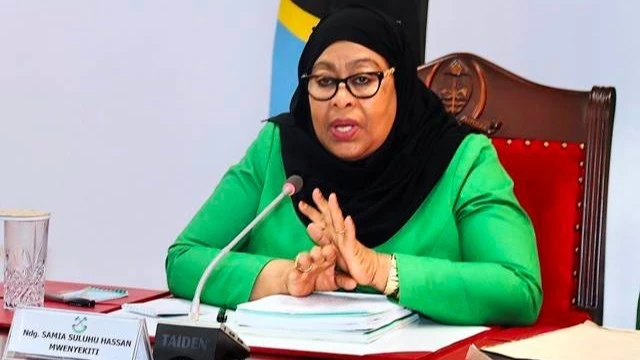EAC ministers agree on tax-exempt goods

FINANCE and economic affairs ministers in the East African Community (EAC) have reached consensus on a detailed list of goods that will benefit from tax and duty exemptions.
Dr Mwigulu Nchemba, the host minister at the sectoral council of ministers meeting, said yesterday that this step is meant to facilitate smooth trade flows and stimulate investment across member states.
In a move likely to advance the EAC’s regional integration agenda, the ministers’ decision follows a wider meeting bringing together trade, industry, finance and investment, as well as subsequent consultations among finance ministers in pre-budget meetings back in May.
The ministers agreed on the urgent need to harmonize fiscal policies, eliminating discriminatory tax measures hindering intra-regional trade and disadvantaging locally produced goods within EAC member countries.
The minister explained that during the latest meeting, ministers extensively discussed existing tax and duty measures embedded in fiscal plans of member states that negatively affect the competitiveness of goods produced within the community.
“The creation of a unified tax exemption list will play a critical role in removing such barriers, fostering a fair trading environment and encouraging increased cross-border investment,” he explained.
The meeting was also attended by Industry and Trade deputy minister Exaud Kigahe, Foreign Affairs and East African Cooperation deputy minister Dennis Londo, and Treasury deputy permanent secretary Amina Khamis Shaaban.
The proposed tax exemption framework is expected to simplify customs procedures and reduce costs for traders, boosting the free movement of goods within the EAC. It is also aligned with the broader objectives of EA integration, seeking to create a competitive regional market and improve the livelihoods of millions of East Africans by fostering economic growth and job creation.
The minister reiterated Tanzania’s commitment to supporting EAC initiatives that promote economic cooperation, urging member states to intensify collaboration to ensure effective implementation of reform measures.
Regional industry stakeholders including the East African Business Council (EABC) who now see the decision as a crucial step toward removing trade barriers and expanding opportunities for businesses and investors across the region, analysts noted.
Top Headlines
© 2025 IPPMEDIA.COM. ALL RIGHTS RESERVED






















